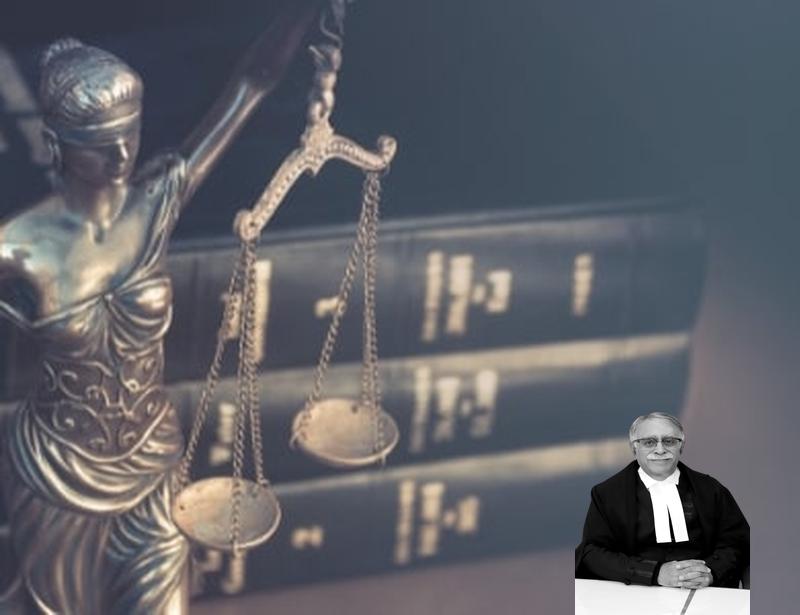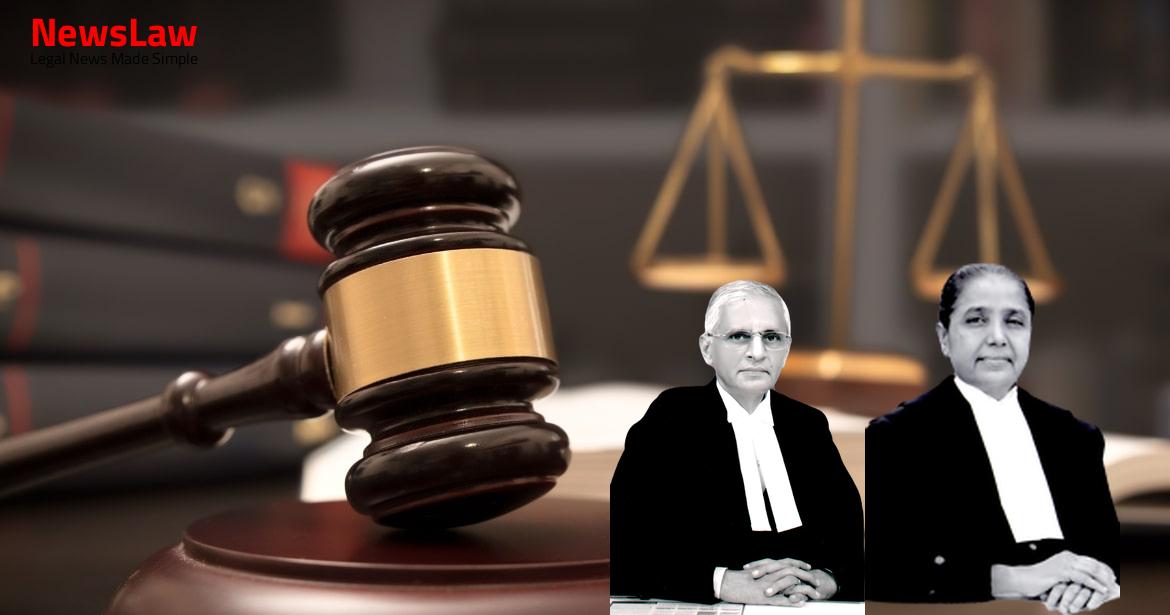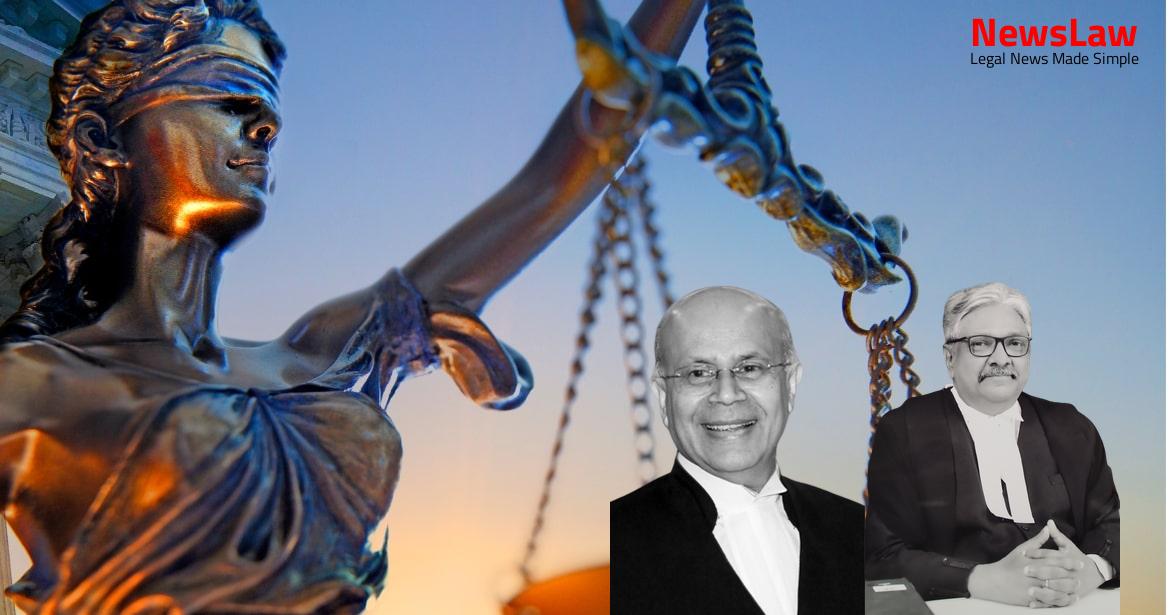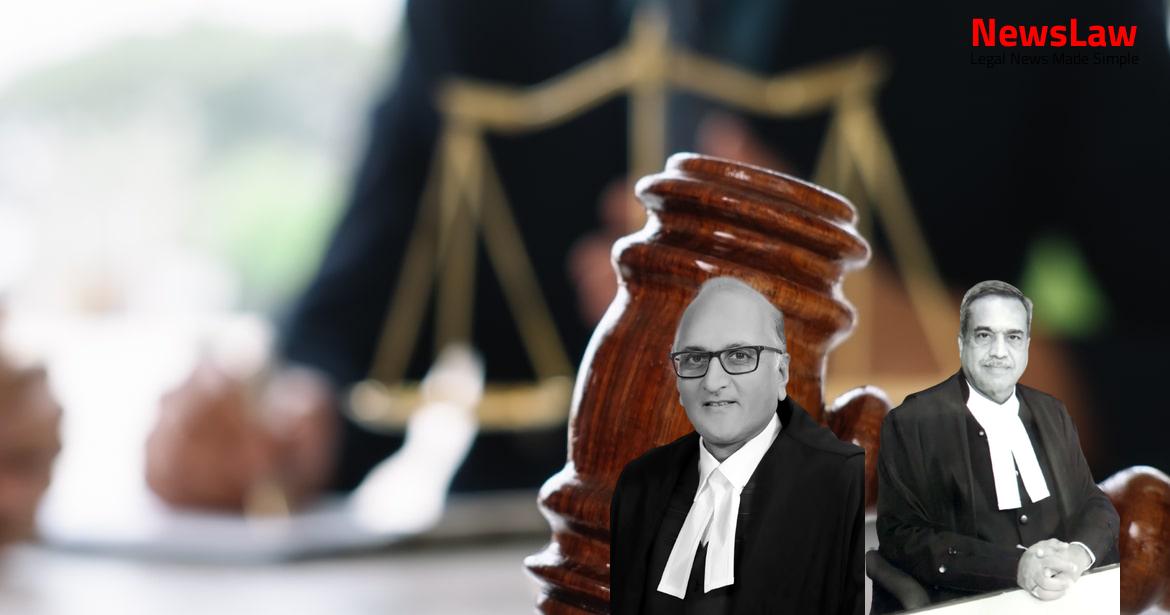Appellants herein are the mother and wife of one Ramakant Yadav who allegedly died on 31 October, 2009 as he was tying up logs on trailer while in employment as its driver, when one such log fell on his left leg. Affirmative Claimants are dependants and Legal heirs of deceased. The employer was directed to pay 1,97,060/-, i.e., 50% of the compensation amount as penalty.
Also Read: https://newslaw.in/supreme-court/legal-analysis-of-appeal-against-order-of-commissioner-of-payments/
Further, it was directed that the latter would pay 8000/- (with breakup of 3,000/- and 5,000/-) for expenses and funeral expenses, particularly.
Hence, the order of the Commissioner was set aside. Thus, the present appeal. By way of the special leave petition it has been urged amongst other grounds, that the Court in First Appeal has transgressed the confines of Section 30 of the Workmen Compensation Act, 1923 ; the vehicle in which the logs were stored and thus were being untied, was insured and therefore, the accident having taken place is within the ambit of the insurance company’s responsibilities; that the impugned judgement has left the Claimants remediless and sans any support since the sole breadwinner of the family had passed away. Appeals within the act are governed by Section 30 which is extracted below for reference: – “ 30.
It has been observed by this Court that the phrase “substantial question of law” within this Act shall be understood by its general meaning.
In other words, the appeal provided under Section 30 of the Act to the High Court against the order of the Commissioner is not like a regular first appeal akin to Section 96 of the Code of Civil Procedure, 1908 which can be heard both on facts and law. (2-Judge Bench) it was observed that “ under the scheme of the Act, the Workmen’s Compensation Commissioner is the last authority on facts. That being the position, the view taken by the Commissioner had been a possible view of the matter in the given set of facts and circumstances; and there was no reason for the High Court to interfere with the same, particularly when the case did not involve any substantial question of law within the meaning of Section 30 of Employees Compensation Act, 1933.”
Also Read: https://newslaw.in/supreme-court/promotion-policy-for-rank-of-avm-in-indian-air-force/
27.
Second, the affidavit placed before the Commissioner categorically stated that deceased was an employee of the employer. The circumstances, i.e., the presence of the deceased at the spot; the ownership of the trolley and the goods loaded therein; the presence of this supervisor of the employer company; and details mentioned in the inquest panchnama form, when considered together, point to the aspect of the deceased person being on the roll of the employer. The 1923 Act is a social beneficial legislation and its provisions and amendments thereto must be interpreted in a manner so as to not deprive the employees of the benefit of the legislation. The amendments to the 1923 Act have been enacted to further this salient purpose by either streamlining the compensation process or enhancing the amount of compensation payable to the employee.”
(Emphasis supplied) 31.
Also Read: https://newslaw.in/supreme-court/differences-between-parties-and-witnesses-in-a-civil-suit/
In the facts at hand, with the cumulative sum of circumstances pointing to the employment of the deceased with the employer company; in keeping with the principles of the legislation being intended for social welfare and protection of employees; the Commissioner being the last authority on facts; the scope of an appeal under the said Act being limited only to substantial questions of law; and no perversity could be demonstrated from the order of the Commissioner, we set aside the order passed in First Appeal No.3487 of 2013. Interlocutory application(s), if any, shall stand disposed of.
Case Title: FULMATI DHRAMDEV YADAV Vs. NEW INDIA ASSURANCE COMPANY LIMITED
Case Number: C.A. No.-004713-004713 / 2023



